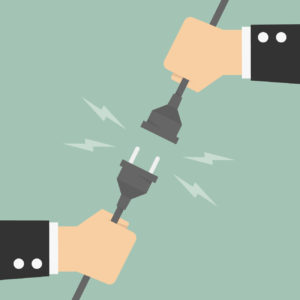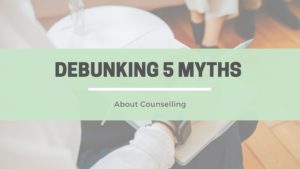Whether you’ve gotten Covid or not, we cannot deny that the effects of this virus have led to mental drainage during this pandemic. We’re all tired, and talking about exhaustion over and over again is, well, exhausting.
Why Is Pandemic Fatigue Is (Still) So Draining
Unjustified exhaustion
We might think we’re getting better at dealing with a new rule, a small trigger, things not going according to planned-but eventually they accumulate, causing us to feel weighed down and tired all the time. Previously, we were locked in fight or flight mode, but now even as we are coming to terms with this “new reality” it still feels odd.
It seems strange to feel tired from not really doing much. But the mental toll from the uncertainty, and simply not knowing the reason why we do not feel like ourselves is a real cause of our exhaustion. It has been a while since March 2020. But that doesn’t make our pandemic fatigue any less valid.
Not processing what happened
The pandemic was an incredibly stressful event and as we slowly come to terms with it, it is also difficult to really wrap our heads around what we’re feeling. On one hand we want to feel sorry for ourselves, but we also see the vulnerable people getting disproportionately affected. We want to help, but beyond donations, sometimes it can be difficult to even handle what is happening in our own homes. Additionally, because many people, frontline workers and parents, have been in survival mode, focusing on meeting our basic needs like food and sleep, addressing our emotional well-being is being placed on hold.
What is “normal”?
One thing good out of the pandemic would be the forced digitisation and transformation of many industries. However, this new hybrid model may not be good for everyone. Some of us will continue to work from home or in a hybrid model, by choice or per company policy. Many might struggle with finding a routine that works. And while change is good, too much change in a short period of time may keep people on edge and they struggle to feel safe. As we spoke to some counsellors, they mentioned that it was challenging (and exhausting) to empathise with patients remotely.
How to Combat Mental Fatigue
If you feel this way, know that you are not alone in this. Here are some practical tips to combat mental fatigue
1. Cut out fear mongering by limiting COVID-19 News exposure
According to research led by UC Irvine’s Roxy Silver, Ph.D., excessive news and visual images about traumatic events can make us even more anxious. Prevent information overload by avoiding unhelpful news and encourage friends and family to refrain from sharing unhelpful news or social media reports with you.
2. Prioritise a good night’s rest
Unplug,do some light yoga, read a good book and set a night-time routine. It’s normal to lose some sleep while trying to cope with the uncertainty of a pandemic, so train your body to relax and rest.
3. Healthy diet and exercise
Eating healthier foods and exercising regularly are proven mood boosters. Limit your intake of salt and alcohol, known contributors to fatigue and mood change. As little as 30 minutes of exercise a day can boost your mental and physical health.
4. Connect with friends and loved ones
Now that restrictions are lifted, some people might feel that they start to dread social functions. If it helps, you can set up smaller, more intimate sessions to ease back into what you were used to before. The key is to remain connected.
Finally, don’t be afraid to ask for help. If stress and anxiety for any reason are getting in the way of your daily activities, seek help. As always, we’re here for you on this journey. 🙂




